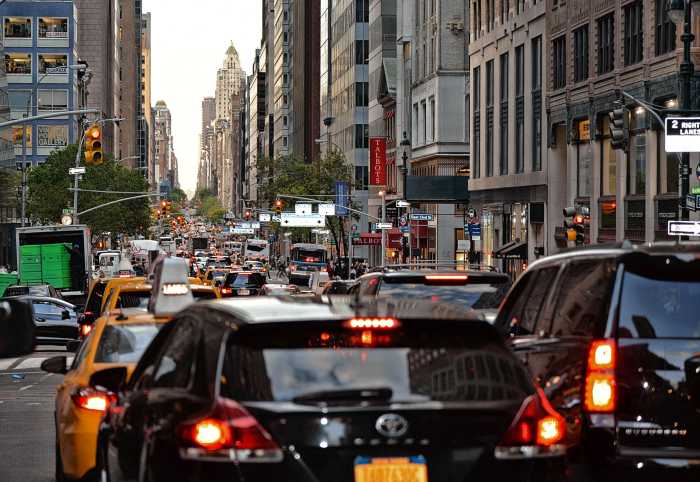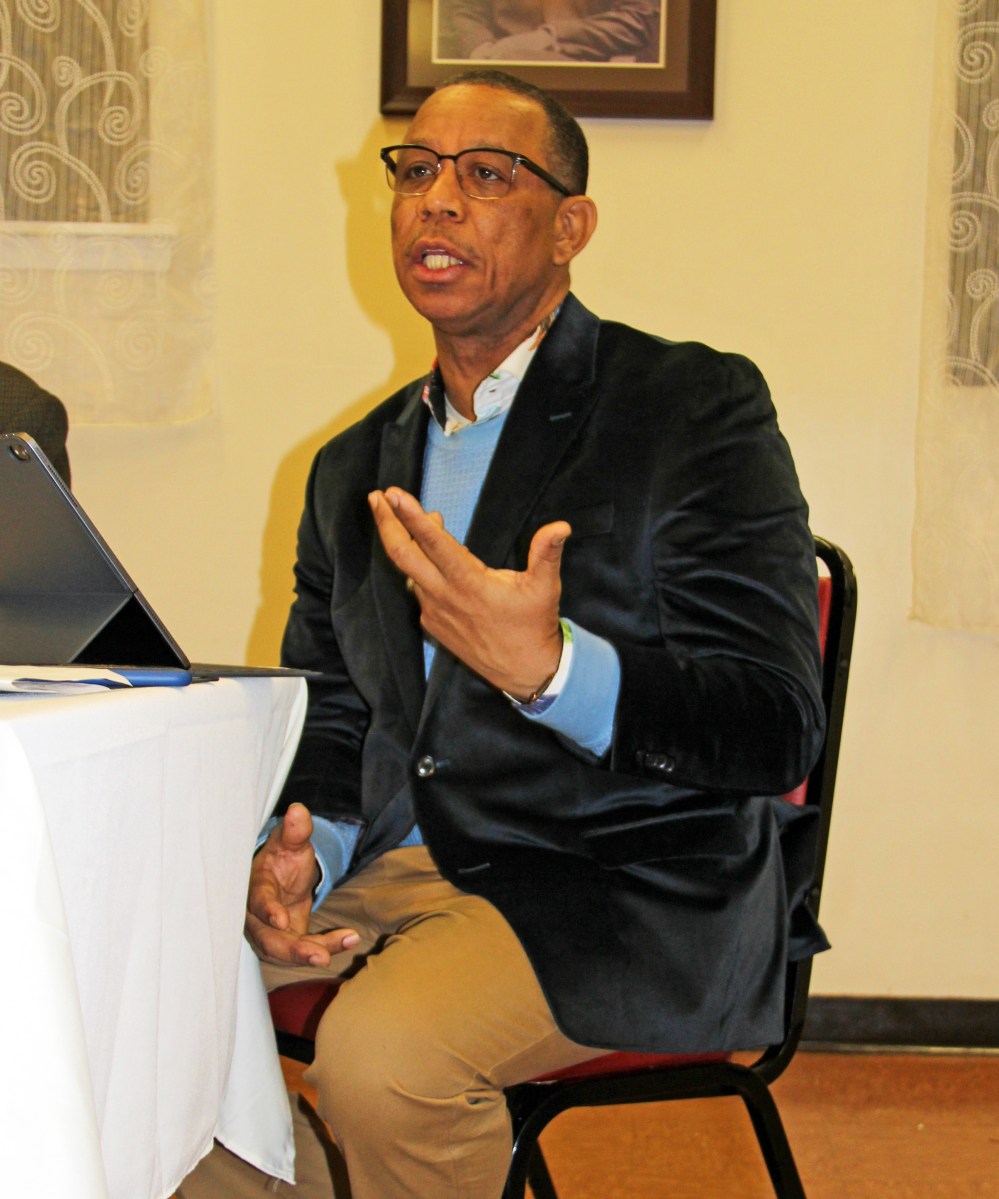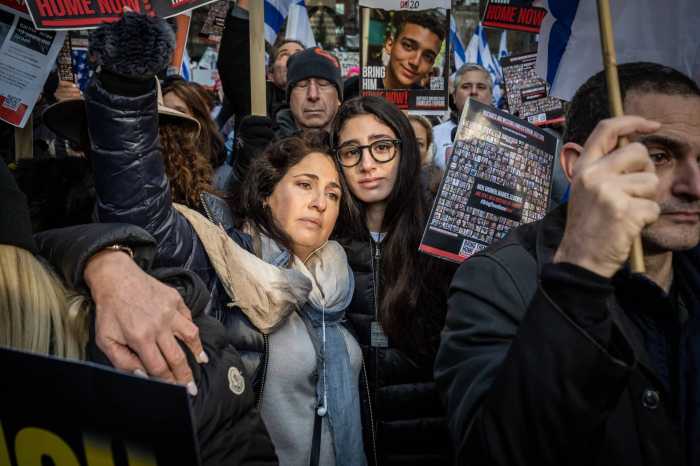The eyes of the world are glued on New York City as heads of state and thousands of people from around the globe will come together next week on the East River to address challenges facing our society under the banner of the 79th Session of the United Nations General Assembly (UNGA79) — this is called High-Level Week. If you’re a New Yorker, you might be focused on the traffic jams and crowded trains that accompany this Week. However, the High-Level Week – and the UN as a whole – bring far more to the city than just a few days of gridlock. The UN brings economic benefits that support small businesses and create jobs for New Yorkers. This Week also highlights our identity as a global city.
The data is clear—New York City is back— job levels are higher than ever in our city’s history. The New York City metro area added 202,900 jobs over the past year, leading all metro areas in the nation. Our metro area has also added 571,900 jobs since the start of 2022, more than the Dallas and Miami metro areas combined. And major crimes have been on the decline for seven months straight. Hosting the United Nations General Assembly is an additional testament to our city’s resilience, vitality, and ability to create world-class opportunities that generate economic benefits.
According to the UN Economic Impact Report, being the home of the UN provides annual economic outputs of over $3.69 billion annually, extrapolating this number to account for inflation, it would be 4.75 billion in 2023—akin to hosting numerous Super Bowls annually. This includes creating thousands of jobs and providing critical employment opportunities for New Yorkers. Hotels also experience an uptick in demand, local restaurants and small businesses thrive, catering to the influx of visitors who contribute significantly to the city’s food, retail, and service sectors. Coffee shops, restaurants, florists, and transportation services see a surge in business, showcasing the positive ripple effect on the local economy.
As we look to the future, it is clear that cities and local governments are indispensable to our collective prosperity. The Mayor’s Office of International Affairs fosters the sharing of best practices with our global counterparts to address a myriad of topics including public safety, sustainability, gender equity. We also manage initiatives such as the NYC Junior Ambassadors program, that provide New Yorkers, including young people, with the ability to engage on key issues facing our world. New York City is committed to leading by example, working alongside other cities and international partners to create a sustainable, equitable, and resilient world.
So, as we experience these gridlock days, we must remember our fellow New Yorkers who have jobs because of the UN’s presence and our small businesses that will benefit from the influx of visitors during UNGA79. Being part of the global community allows New Yorkers to shape the future we want now and for future generations.
Edward Mermelstein, Commissioner, NYC Mayor’s Office for International Affairs, and Aissata M.B. Camara, Deputy Commissioner for Policy and Strategic Initiatives and Chief of Staff, NYC Mayor’s Office for International Affairs.
Read More: https://www.amny.com/opinion/



































